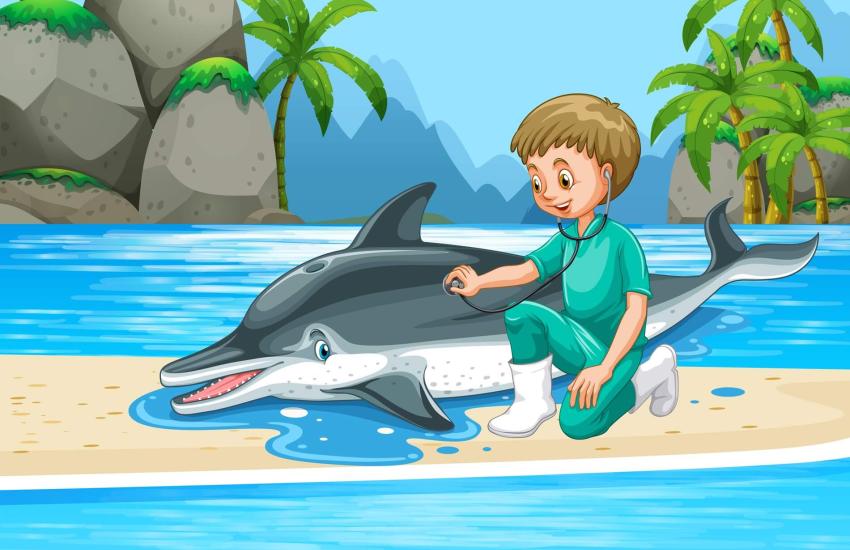Breadcrumb
-
Guidebook
-
Marine Conservation
-
Marine Megafauna Conservation: Protecting whales, dolphins, sharks, and more
Marine Megafauna Conservation: Protecting whales, dolphins, sharks, and more

Embark on a journey to safeguard marine megafauna, the awe-inspiring giants of the ocean—whales, dolphins, sharks, and seals. These majestic creatures play crucial roles in marine ecosystems, making their preservation a global imperative.
Unite with governments, scientists, conservation organizations, local communities, and individuals in a collaborative endeavor. The protection of marine megafauna habitats is essential to uphold the health and diversity of marine life in our oceans. By volunteering, you contribute to ensuring these iconic beings endure to enrich our seas. Explore essential insights into the significance and approaches to marine megafauna conservation as you join hands in this vital cause. Volunteer today for a brighter future for our oceans and the magnificent creatures that inhabit them.
Keystone Species
Marine megafauna frequently behave as keystone species, having a disproportionately large impact on the ecosystem in which they live. For instance, the feeding and migratory habits of whales significantly contribute to the cycling of nutrients and the sequestration of carbon. The stability and efficiency of maritime ecosystems are ensured by protecting megafauna.
Threats to Marine Megafauna
Threats to marine megafauna include habitat loss, climate change, bycatch in fishing gear, illicit hunting, pollution, and vessel strikes, among others. certain elements may result in population decreases and endanger the continuation of certain species. The goal of conservation initiatives is to lessen these dangers and encourage the population recovery of megafauna.
Protected Areas and Sanctuaries
Establishing marine protected areas (MPAs) and sanctuaries specifically designed for the conservation of marine megafauna is crucial. These areas provide legal protection, restrict harmful activities, and safeguard critical habitats for feeding, breeding, and migration. Protecting these habitats helps ensure the long-term survival of megafauna species.
Sustainable Fishing Practice
Implementing sustainable fishing practices is essential for reducing the impact of fishing on marine megafauna. By regulating fishing gear, limiting bycatch, and promoting responsible fishing techniques, we can minimize accidental capture and mortality of these species. Collaboration between fisheries management organizations, fishermen, and scientists is vital to achieve sustainable fishing practices.
International Cooperation
Conservation efforts for marine megafauna often require international collaboration. Many of these species are migratory, crossing national boundaries during their journeys. Cooperation among countries is crucial to developing conservation strategies, enacting international agreements, and enforcing regulations that protect megafauna throughout their migratory routes.
Research and Monitoring
Ongoing research and monitoring programs are essential for understanding the ecology, behavior, and population dynamics of marine megafauna. Gathering data on their distribution, abundance, and reproductive patterns helps inform conservation strategies. These scientific efforts also contribute to our knowledge of these species, enabling more effective management and conservation actions.
Public Awareness and Education
Raising public awareness about marine megafauna conservation is vital. Education campaigns, outreach programs, and responsible wildlife tourism initiatives can help promote understanding, appreciation, and conservation action. By engaging the public, we can foster a sense of responsibility and encourage sustainable practices that protect these majestic creatures and their habitats.

